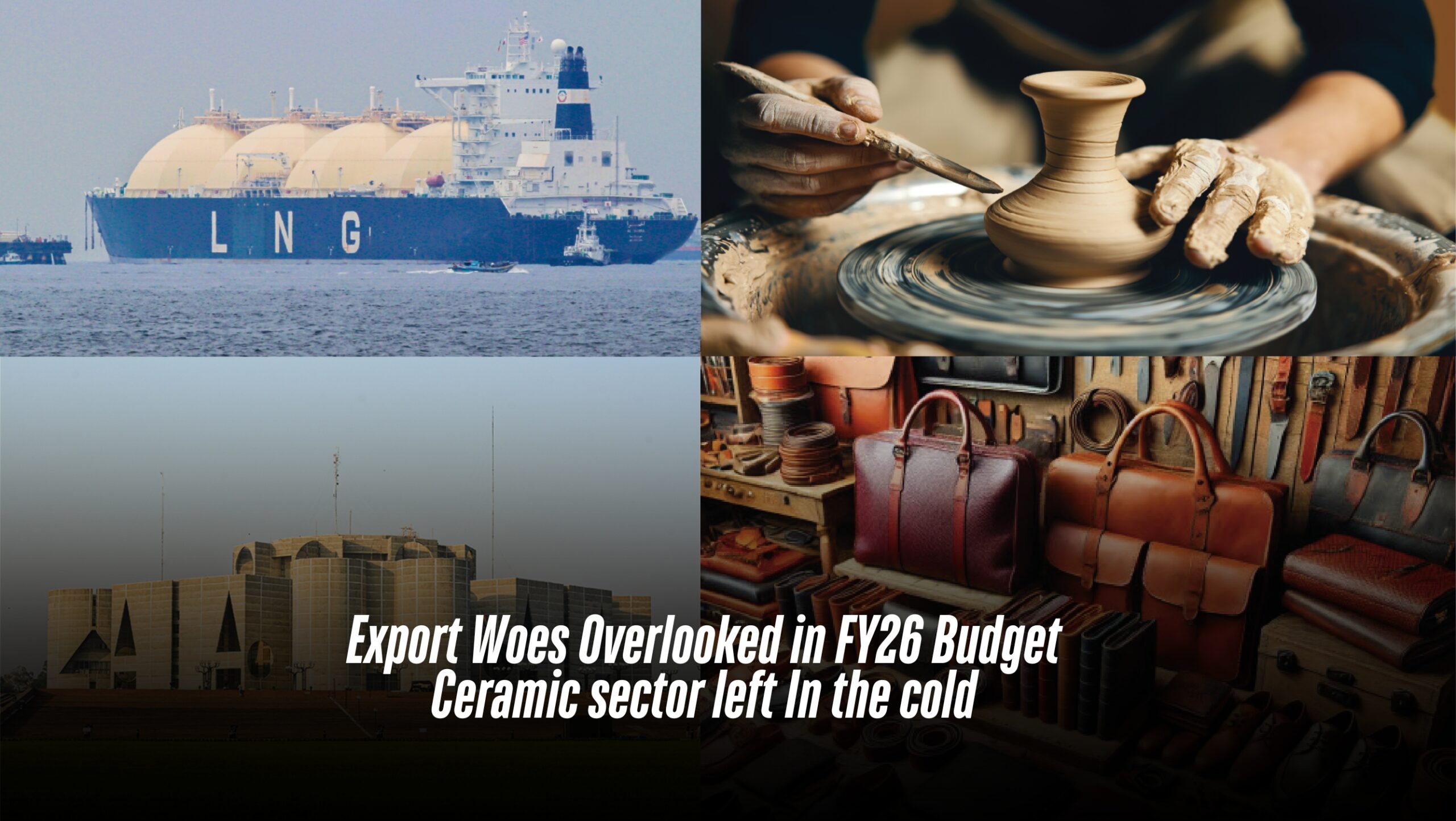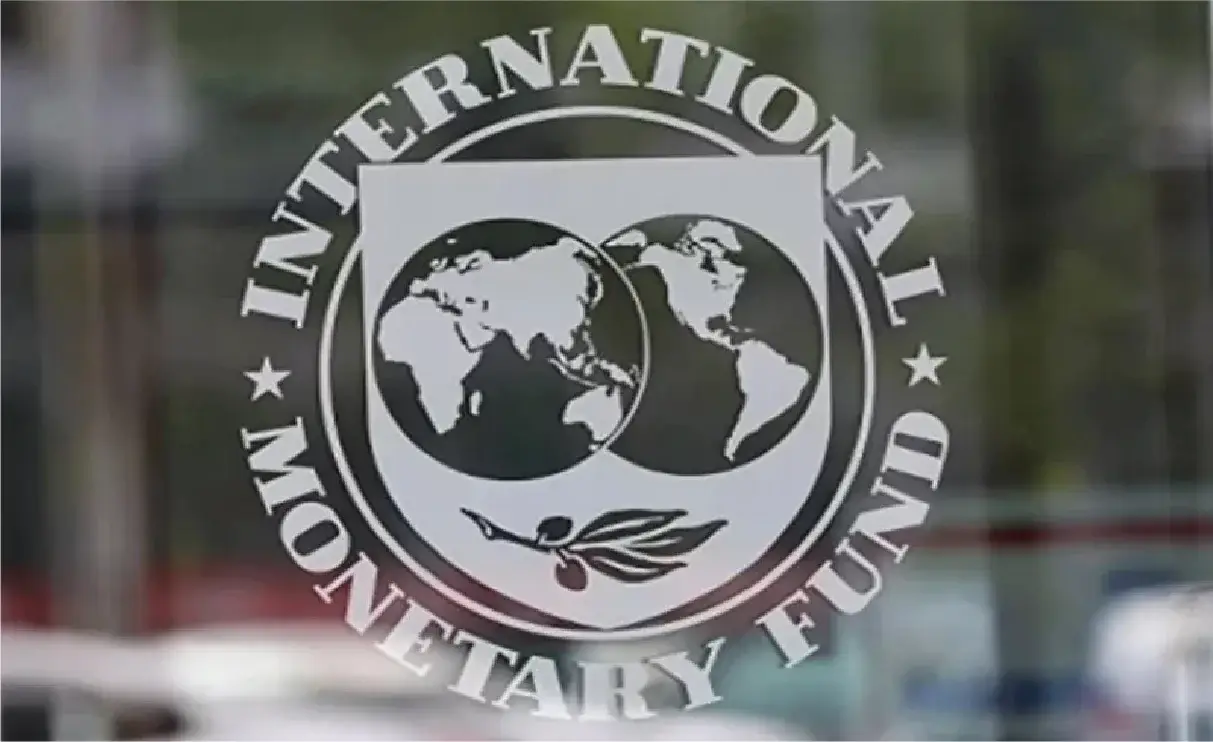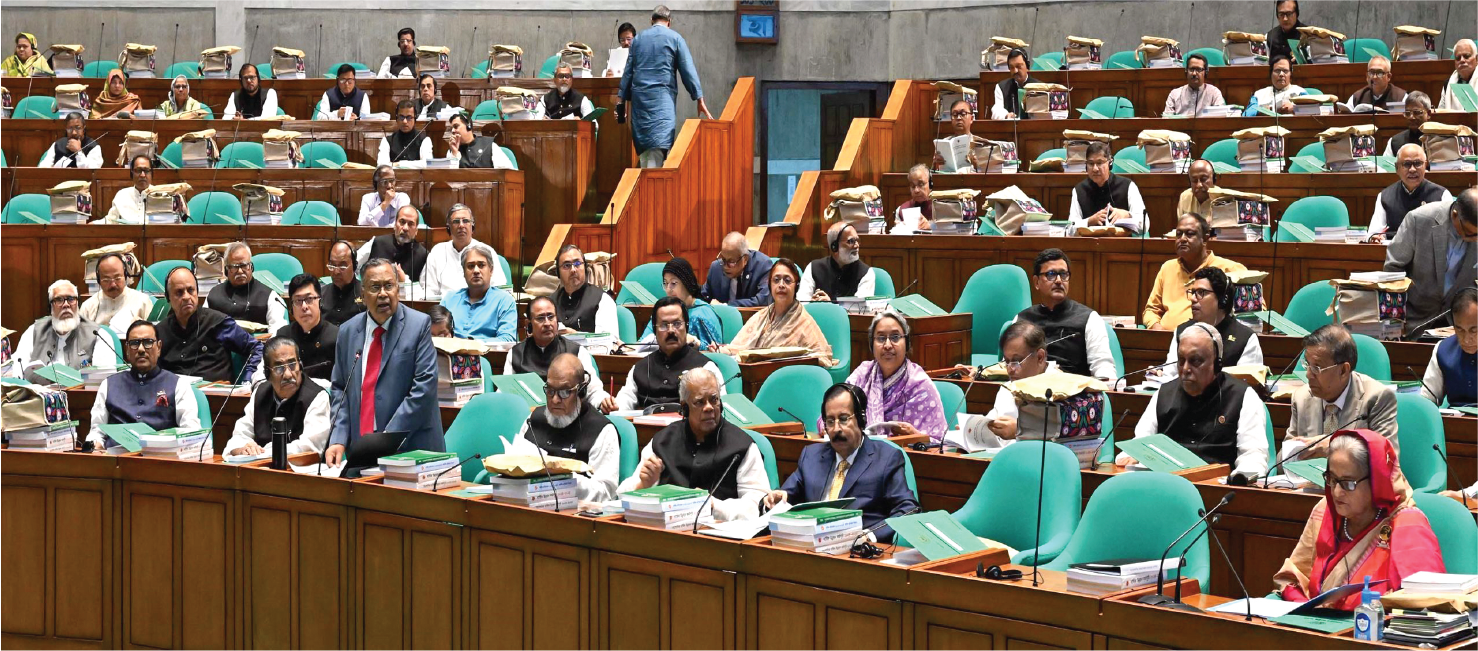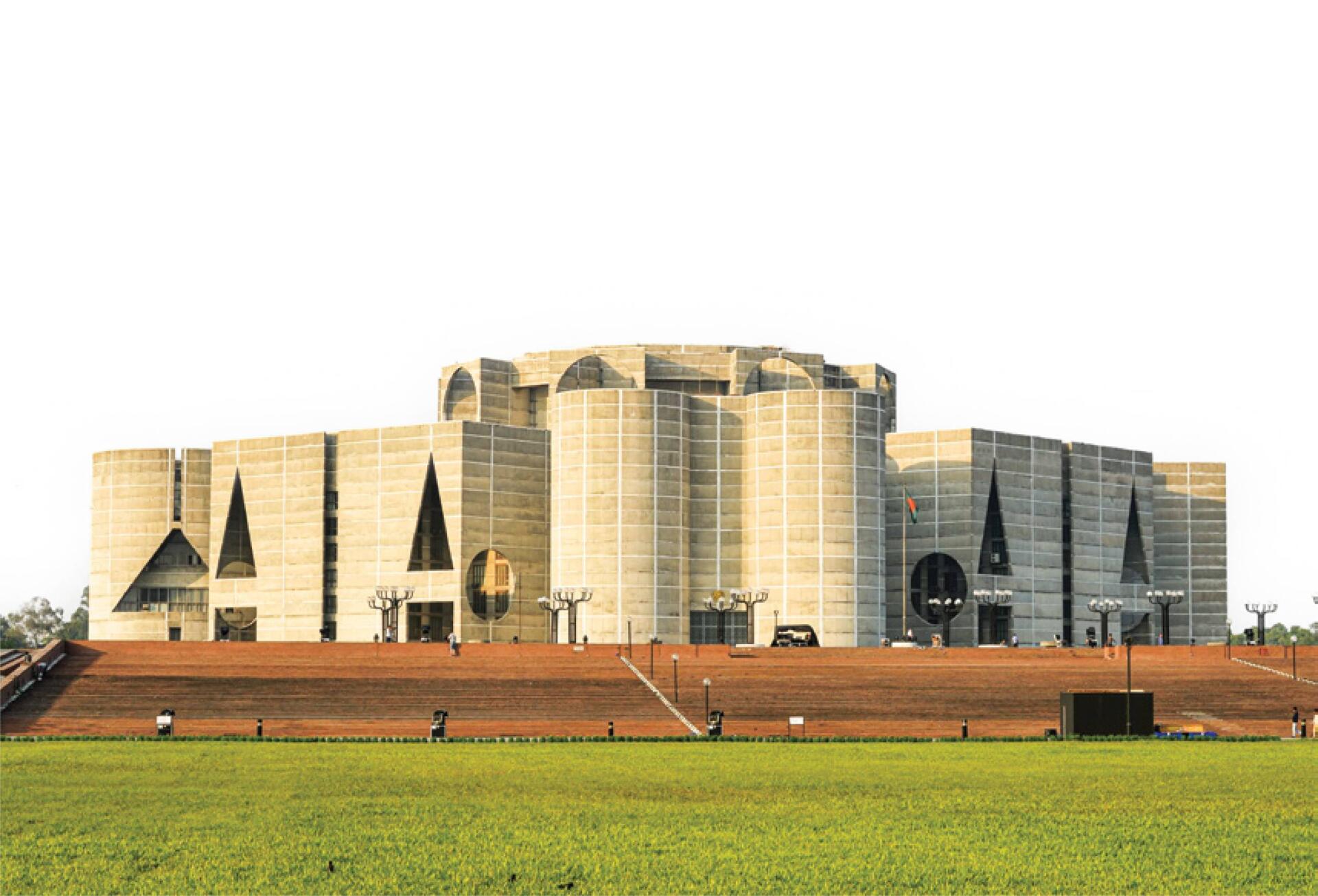
The interim government’s Tk 7.9 trillion budgets for FY2025-26 have drawn criticism for lacking bold measures to strengthen export-oriented sectors, including garments, leather, pharmaceuticals, and ceramics—key drivers of Bangladesh’s economy.

Despite persistent demands from businesses, the budget offers no concrete plans to modernize ports, ensure stable gas and electricity supply, or reduce logistical hurdles that cripple competitiveness.
The leather sector, struggling with compliance and environmental challenges, finds no support for factory upgrades, while pharmaceuticals—a growing export segment—receive no incentives for R&D or market expansion.
Similarly, the ceramic industry, which relies on imported raw materials, sees no relief from high production costs.
With private investment stagnant and unemployment high, industry leaders argue that the budget missed a crucial opportunity to implement structural reforms, widen the tax net, and boost global competitiveness—essential steps for sustaining export growth and economic stability.
Youth Job Crisis, Poverty Fight Missing in Action
The interim government’s first budget has failed to address the core grievances that sparked July 2024’s mass uprising — unemployment and inequality.
Despite 20% graduate unemployment and 30% youth disengagement from work or education, the budget offers only token funds for self-employment schemes without structural solutions.

Social safety nets saw marginal increases, while allocations for education and health have remained stagnant.
With 40 million below the poverty line—and a World Bank warning of worsening poverty—the budget lacks comprehensive anti-poverty strategies.
Economists describe it as a “stopgap budget” that maintains the status quo rather than addressing the employment crisis that fueled last year’s protests.
The absence of bold job creation measures suggests continued economic discontent among the youth.
Budget Targets Overly Ambitious: Economists
Economists have raised concerns over Bangladesh’s proposed FY2025-26 budget, calling its revenue, growth, and inflation targets unrealistic given current economic challenges.
While noting some positive measures like reduced VAT on LNG and lower advance taxes, they highlighted structural weaknesses in tax administration and insufficient focus on job creation as key risks.

Revenue & Inflation Doubts
The revenue collection goal was seen as unattainable without tackling tax evasion, while inflation projections were deemed too optimistic amid persistent price pressures.
Reforms Missing
Experts pointed to a lack of meaningful reforms in customs, logistics, and labor markets, with particular concern over stagnant education and healthcare spending despite their importance for long-term growth.
Implementation Challenges
While some trade facilitation efforts like the National Single Window were acknowledged, economists warned that bureaucratic inefficiencies and resistance to change continue to hinder progress on critical economic reforms.
Little to No Relief for Ceramic Sector
The ceramic sector received no significant fiscal relief in the recently passed national budget for FY2025–26, despite its growing contribution to import substitution, employment generation, and sustainable construction, according to stakeholders.

The Bangladesh Ceramic Manufacturers & Exporters Association (BCMEA) has expressed disappointment over the government’s failure to address longstanding demands, which could have reduced production costs and made locally produced tiles and sanitary ware more competitive against imports.
The BCMEA had proposed that customs authorities allow up to 35% deduction during import-stage valuation for moisture, unusable chemical substances, and volatile components in imported raw materials such as China Clay (HS Code 2507.00.10) and Ball Clay (HS Code 2508.40.10).
These clays, entirely import-dependent, naturally contain 30–35% wastage components, and further losses occur during processing—sometimes up to 40%.
However, import duties are still calculated on 100% of the gross weight, significantly increasing costs for producers.
The association also demanded the withdrawal of the 15% supplementary duty (SD) on locally produced tiles (HS Code 69.07) and the 10% SD on sanitary ware (HS Code 69.10).

According to the BCMEA, these products are no longer considered luxury items but are integral building materials, widely used in both residential and commercial construction.
They also play a vital role in promoting public health and environmental sustainability.
“The government talks about affordable housing and sanitation for all, yet continues to impose unnecessary duties on locally made essential products,” said Moynul Islam, President, BCMEA, adding that, “If these unjustified duties are not withdrawn, local manufacturers will lose competitiveness, while consumers will continue to suffer from high prices amid inflation.”
He also pointed out that the absence of incentives for value-added manufacturing contradicts the government’s broader goals of economic diversification and green growth.
The sector, which heavily relies on imported raw materials, has already been hit hard by the appreciating US dollar and rising freight costs.

The BCMEA reiterated that removing these fiscal burdens would not only lower production costs and market prices but also encourage further investment and expansion in domestic manufacturing, reducing dependence on imports and generating more employment.
Economist Questions Budget’s Effectiveness
Dr. M Masrur Reaz, Chairman of Policy Exchange Bangladesh, expressed disappointment that the proposed budget lacks clear roadmaps for structural reforms, employment generation, and investment stimulation.
He pointed out the absence of bold measures to address the country’s core economic challenges.
The economist described the budget’s revenue and growth targets as overly optimistic given the current political uncertainty and post-election economic climate.

“Inflation may have eased slightly, but the government’s projections remain unrealistic without substantial investment and job creation,” Reaz stated.
While not opposing the principle, Reaz questioned the timing of proposed salary increases for government employees, suggesting the measure may be premature given fiscal constraints.

Reaz offered targeted recommendations for key sectors:
- Agri-business / Fast-Moving Consumer Goods (FMCG): Formalize informal trade channels and improve tax compliance.
- Telecommunications: Reduce tax burdens to accelerate digital inclusion.
- Tobacco: Maintain current tax structures to combat illicit trade while ensuring revenue stability.
The economist acknowledged some positive steps including:
- Reduced VAT on LNG imports.
- Lower advance taxes on raw materials.
- Decreased land registration fees.
However, he criticized:
- Increased VAT on yarn.
- Higher turnover taxes for loss-making businesses.
- Lack of initiatives for rural women’s employment.
Dr. Reaz concluded that while containing some business-friendly elements, the budget ultimately fails to deliver transformative changes needed to address Bangladesh’s employment crisis and economic stagnation.
The absence of comprehensive poverty reduction strategies and job creation programs remains particularly concerning, he noted.







